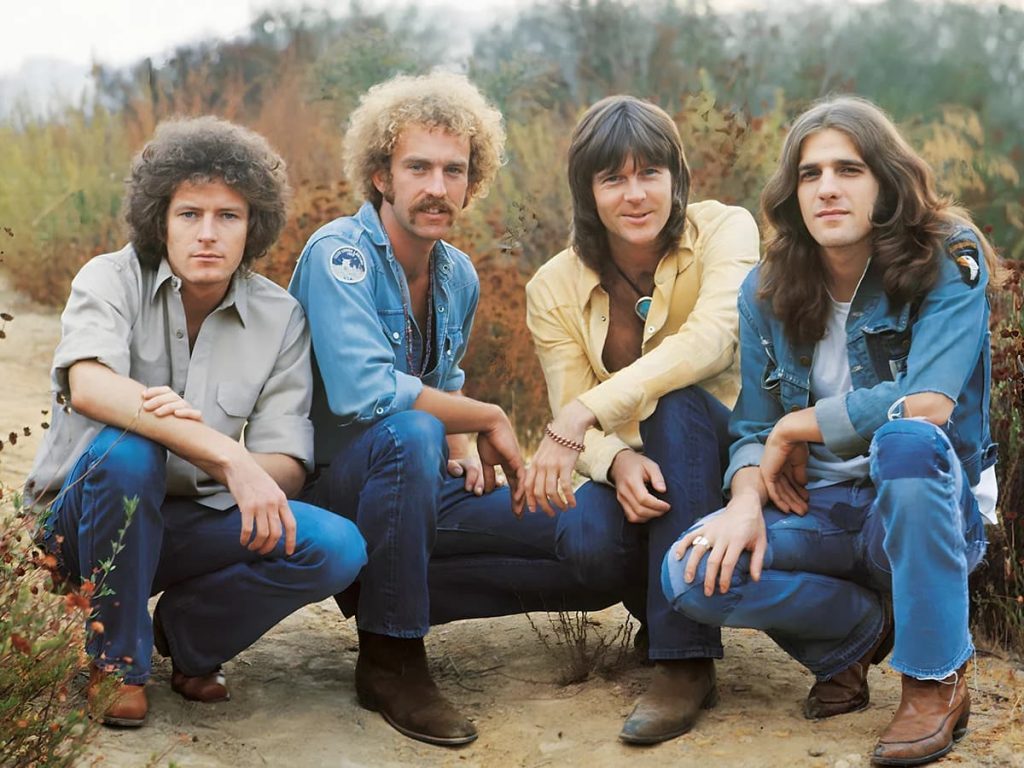
Unveiling the Mystery: A Look at the Eagles’ “Witchy Woman”
Let’s delve into the world of the Eagles’ “Witchy Woman,” a hauntingly beautiful song that propelled them towards mainstream success. Released in 1972 as the second single from their debut album, it quickly climbed the charts, reaching number 9 on the Billboard Pop Singles chart. This wasn’t just a catchy tune, though; “Witchy Woman” showcased a unique blend of influences and cryptic lyrics that continue to intrigue listeners to this day.
The song’s origins are steeped in collaboration. Guitarist Bernie Leadon, fresh from the country rock band The Flying Burrito Brothers, brought along a riff that sparked the creative fire. Don Henley, then a rising star in the California music scene, joined forces with Leadon to flesh out the idea. Interestingly, “Witchy Woman” stands as the only song on their debut album where Henley receives a writing credit, marking a significant turning point in his songwriting career.
Inspiration struck Henley while living in an old Hollywood abode. He described Leadon’s initial riff as a “strange, minor-key riff” that evoked a cinematic image of Native American music. This haunting melody resonated with Henley, who saw its potential. Here, we see the Eagles’ signature West Coast sound taking root – a blend of rock with subtle country and folk influences. But Henley wasn’t done there. He infused the song with an R&B pulse, adding a layer of sophistication and groove.
The enigmatic title and lyrics surrounding this “witchy woman” became a subject of much speculation. While multiple women may have served as muses, Henley himself pointed to a rather unexpected source – Zelda Fitzgerald, the captivating wife of literary giant F. Scott Fitzgerald. Henley, battling a feverish illness, found himself drawn to Zelda’s biography. In his delirious state, Zelda, a flamboyant and alluring figure of the Jazz Age, became intertwined with memories of women he’d met on the Los Angeles music scene. The song’s lyrics thus became a captivating mix, referencing Zelda’s struggles (“She drove herself to madness with the silver spoon”) alongside alluring imagery.
“Witchy Woman” wasn’t just a personal milestone for Henley; it marked a turning point for the Eagles. Critics embraced the song, praising its “strong easy beat” and “distinctive harmony power.” It became their first commercially successful single, paving the way for a long and illustrious career. So, the next time you hear “Witchy Woman,” take a moment to appreciate the unique blend of influences, captivating lyrics, and raw talent that went into creating this enduring classic.